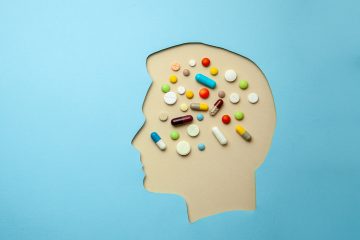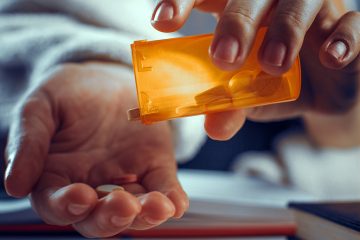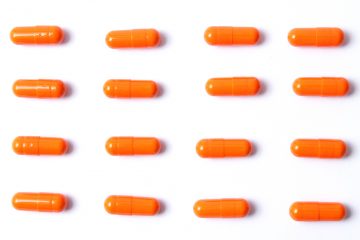
Sprout Health Group Announces Winner of $1,000 College Scholarship
We are pleased to share that nursing student Emily Meacham has won the scholarship. Sprout Health Group is dedicated to providing the highest-quality treatment for substance use disorders through evidence-based methods and an ongoing commitment to education. To recognize those who choose to enter the important field of healthcare, we offered a $1,000 scholarship … Continued
Learn More






